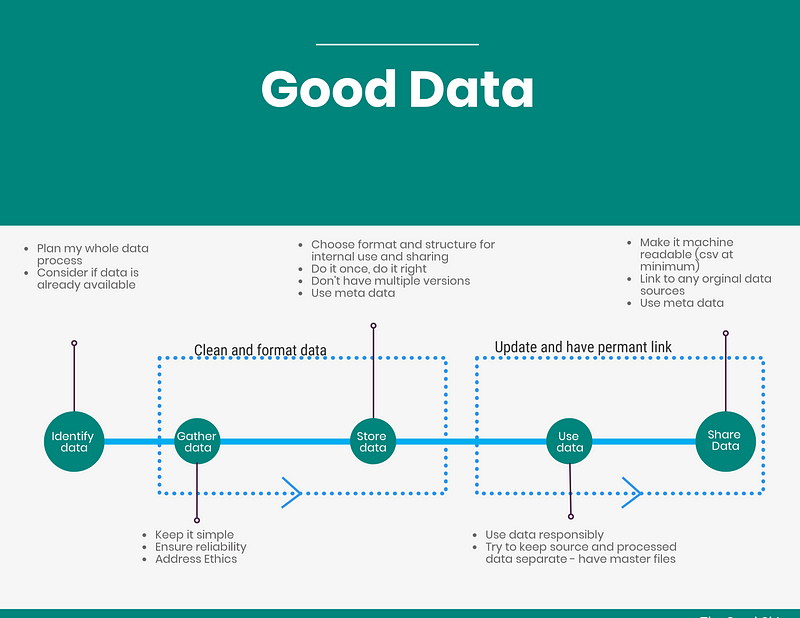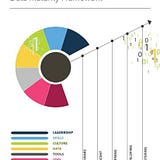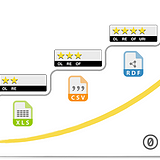Good Data
An approach to thinking about a good data process

I want to talk about data. This has been on my mind for a long time, but the past two weeks have really crystallized that we need better data fundamentals and better data infrastructure across the social good sector. By not doing so we are failing ourselves and our beneficiaries.
I’ve talked to and worked with a whole range of organisations over the past two weeks and the issue of data kept coming up again and again. Who’s got it? How do we get it? How do we use it? Why is this so difficult? The amount of time and resource wasted due to bad data practices has been huge.
Part of the problem stems from our tendency to not think about open data by default. We think about data as single use, or single organisation use, which leads to poor choices on how to structure and store our data.
Back in 2010 Tim Berness Lee* put forward a case for 5 star rating for open data. A nice simple explanation is here, but at its heart it sets out a case for a rating for how ‘open’ data is, with 5 star data being the ultimate goal. At the moment the overwhelming majority of data is 1 or 2 stars.
The current crisis has shown how now more than ever we need to think of data not as single use, and not as an end goal, but as part of the wider social good ecosystem. We need to follow principles to make data multi-use and multi-organisational. 360 Giving have helped to make strides in this with their 360 Giving Standard, and work by ODI on Open Active has shown some possibilities, but we need more. We need to take this seriously and invest in skills, capacity and strategy. In doing so we would save time and resources at vital moments, and we have greater capacity for learning and tackling whole system challenges.
What does this mean in practical terms?
Individual Organisations
- Create a data strategy for your organisation
- Invest in data skills
- Gather and store only what is needed — is the data already available?
- Use machine readable formats and simple structures — stop using PDF’s for data please…
- Store data simply, use data ethically, share data willingly
- Link to original data sources
- Keep links permanent
Funders
- Only ask fundees for data if you really need it — can you use data that the organisation already has?
- Store data simply, use data ethically, share data willingly
- 360 Giving standard for you own data
- Fund skill development and capacity
Sector Support Organisations
- Work together to create centralised data curation points
- Support skills development
- Support Good Data principles
This isn’t exhasutive by any means, but is a starter to hopefully provoke discussion or action. If you would like to add anything to this then do let me know either below or on @tom_c_watson
Links to some great Open Data resources


